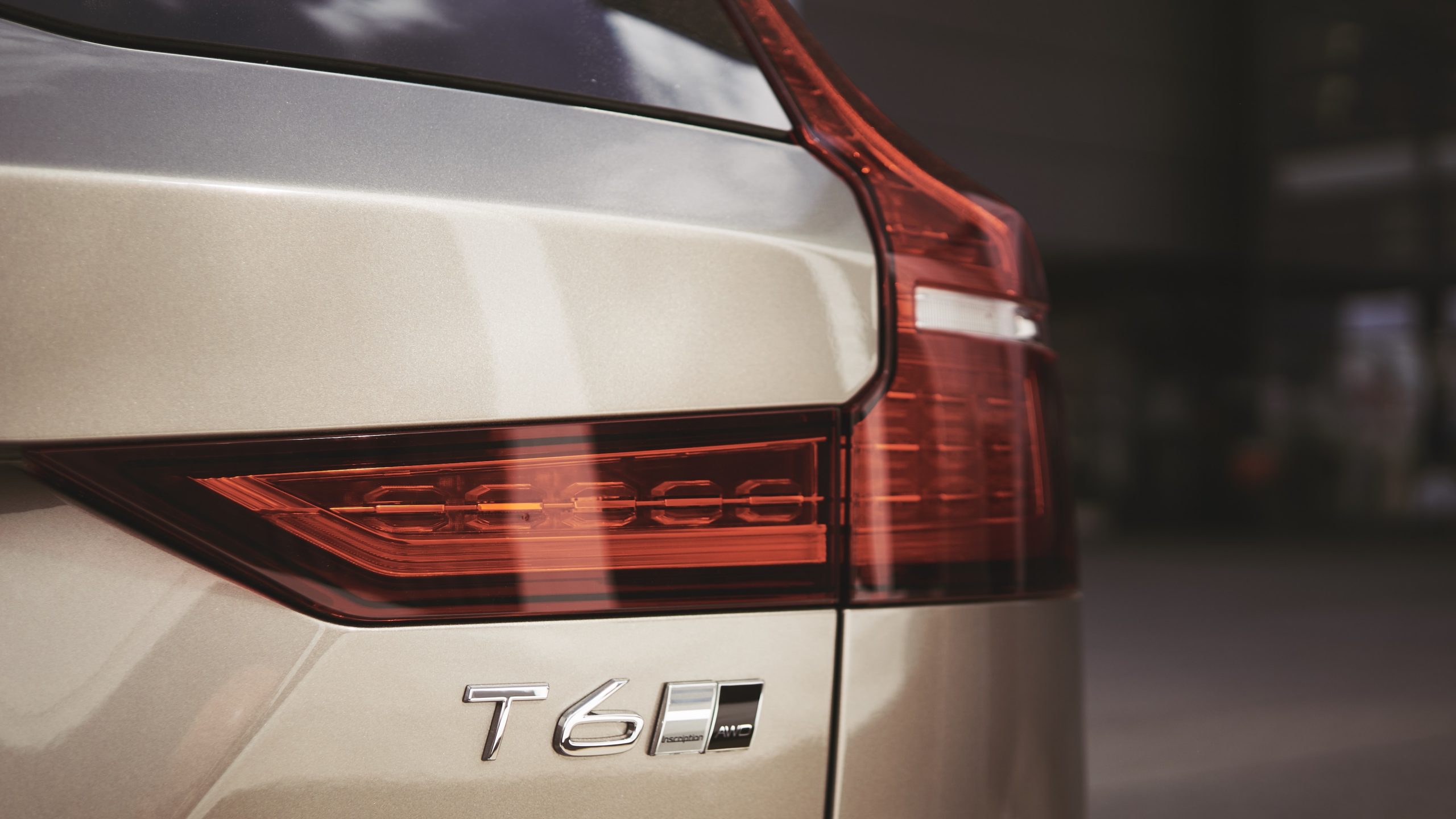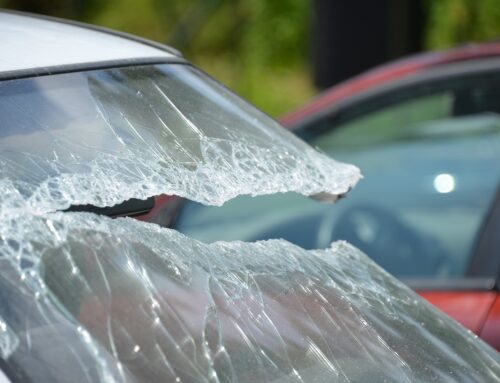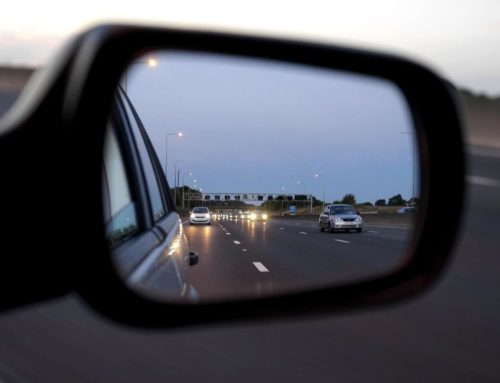According to the National Highway Traffic Safety Administration, there are six million car accidents on American roads every year, and a full 40% of those occur when a car is rear-ended.
Rear-end crashes occur when two cars collide, with the following car hitting the back of the lead car. Traditional presumption is that the person in the following car is generally at fault for such an accident, as it is every driver’s responsibility to maintain a safe distance between themselves and the cars in front of them, as well as to be aware of any conditions which may cause the lead car to brake or even stop unexpectedly.
Although Florida is a no-fault state, motorists involved in a car accident always have the option to sue the other drivers if their injuries exceed the coverage limits of their own insurance policies. Florida drivers are given the opportunity to prove comparative fault in a court of law, even if they were the driver of a car which hit rear-ended another vehicle.
When Being Rear-Ended May Be Your Fault
The driver of the lead car is presumed not at fault in these cases, but there are some circumstances in which the following car’s driver may be able to prove comparative fault. These include:
- If the lead car’s driver swerved into another lane suddenly and did not have adequate room to do so. This may cause a rear-end accident which was not the fault of the rear driver.
- If the lead driver was proven to be driving under the influence of drugs or alcohol, or has been proven to have been texting or otherwise distracted at the time of the accident.
- If the lead driver slammed on their brakes or stopped and there was no discernible reason to do so.
- If weather conditions such as heavy winds or rain were present at the time of the accident
Although the above scenarios do explain why the rear driver may not be at fault, it is still the overriding resumption that the all drivers should be aware of the circumstances around them at all times. Therefore it can be argued that failure to be aware of what was happening around you still constitutes fault.
A mechanical failure may also be the cause of a car being rear-ended, and these cases will need to be determined once the insurance reimbursements and determinations are made.
Do You Have the Right Auto Insurance?
Florida laws require certain levels of insurance coverage in order to legally have a vehicle on the road. While comprehensive and collision insurance policies are not required, they may be a great asset if you are rear-ended.
For instance, any people with older cars do not have collision insurance on their car. However, if you are rear-ended in a no-fault state, the damage to your car is your responsibility to fix. Without collision insurance, the car repair will be completely out of pocket.
Therefore it is important to speak with an auto insurance expert to understand your coverages and to modify your policies if need be. Make sure that you understand the no-fault laws which apply in the Sarasota and Bradenton area, and decide what levels of deductible you are financially comfortable with.
While saving a few dollars in monthly premiums may seem attractive, finding yourself with a huge repair bill is never a good scenario. Call Anderson & Associates Insurance Group today, and we will help you to gain the coverage and protection you need.










